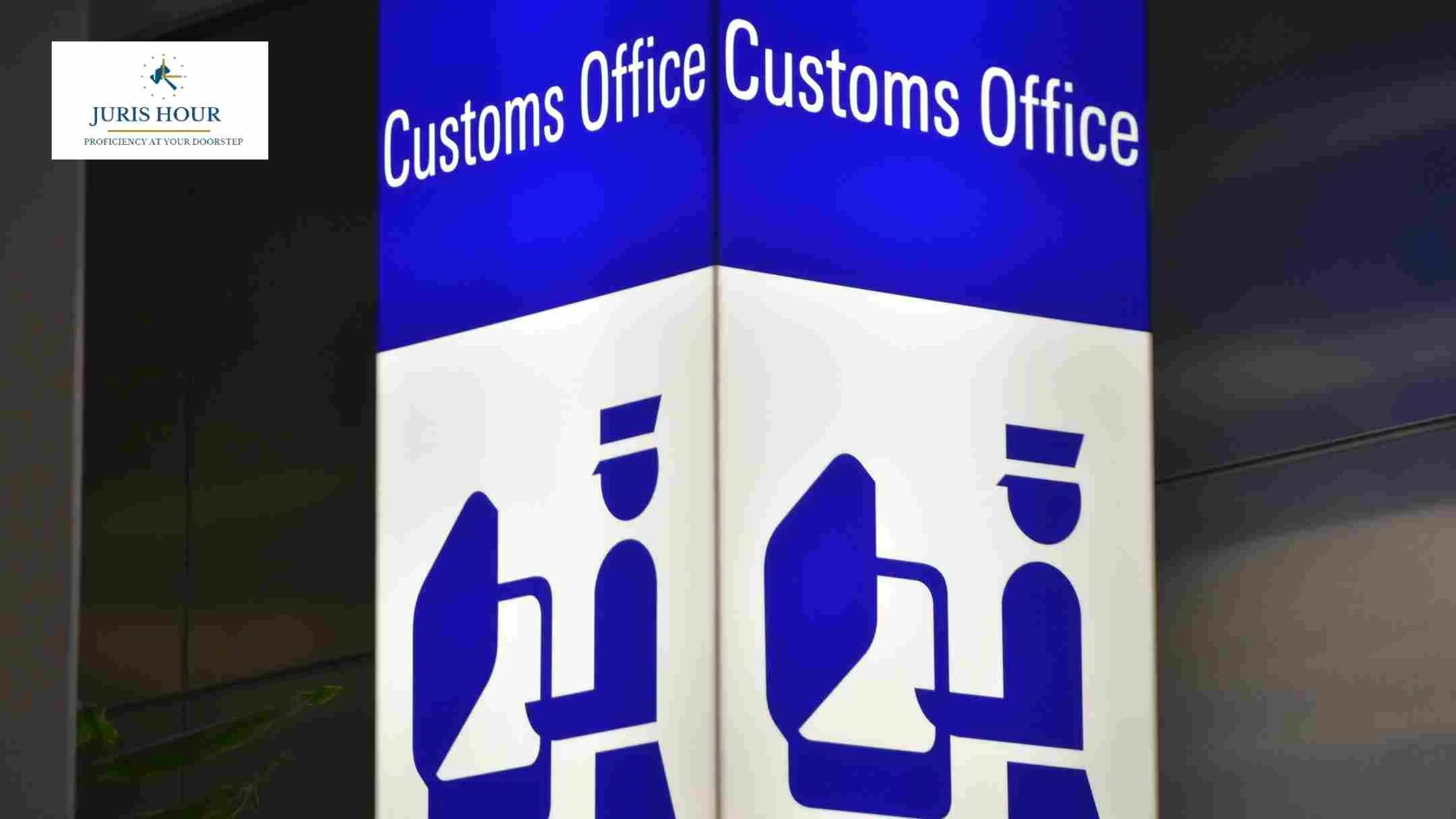The Customs, Excise and Service Tax Appellate Tribunal (CESTAT) has quashed a gold smuggling case filed against a transit passenger, ruling that the provisions of the Customs Act do not apply to individuals who have not cleared immigration in India.
This decision has ignited a sharp debate among customs and legal experts over the limits of jurisdiction under the Customs Act, especially within international transit zones.
At the Heart of the Controversy: What Constitutes “Import”?
The crux of the matter lies in determining whether merely possessing dutiable goods like gold in the international transit area amounts to “import” under the Customs Act. The tribunal held that without immigration clearance — i.e., formal entry into Indian territory — no act of importation takes place, thus rendering the Customs Act inapplicable.
Critics of the ruling argue that this interpretation could create a legal loophole, effectively placing transit zones outside the functional jurisdiction of customs law — even though they are under customs control.
One legal observer summarized the issue starkly: “In other words, provisions of the Customs Act are not applicable even in a customs area — if there’s no import.”
Conflicting Interpretations of the Law
Some experts point to Section 1(2) of the Customs Act, which asserts that the law extends to the “whole of India.” They argue that this includes transit areas within international airports and that customs authorities must retain powers to act in such zones, especially in the interest of national security and anti-smuggling enforcement.
Others, however, side with the tribunal’s reasoning, emphasizing that without an immigration stamp or intent to enter India, a transit passenger remains beyond the legal threshold of importation.
Enforcement Implications
The ruling may have a substantial impact on how customs officials approach surveillance and enforcement in international transit lounges. If upheld, it could lead to challenges in prosecuting smuggling attempts that occur during stopovers or connecting flights.

